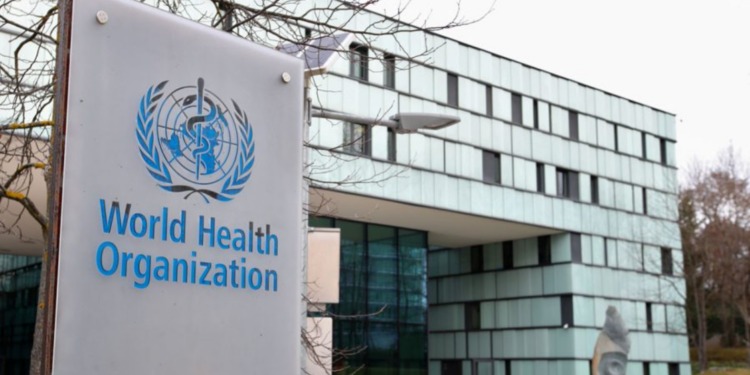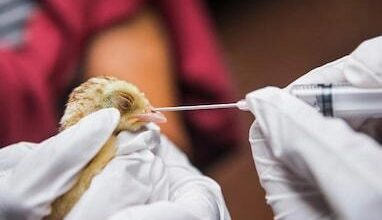Nigeria, 9 others join global fight against cervical cancer

As world leaders gather in Rio de Janeiro for the G20 Summit, attention turns to the fight against cervical cancer. The Christ the Redeemer statue will be lit in teal, symbolizing a global effort that includes Nigeria and nine other countries raising awareness through advocacy and campaigns.
The World Health Organization (WHO) in a statement on Sunday, said, this effort is among many around the globe joining to mobilize efforts on a worldwide “Day of Action for Cervical Cancer Elimination.”
Adding that other countries are marking the day with campaigns to provide human papillomavirus (HPV) vaccination and screening, launching new health policies to align with the world’s first-ever effort to eliminate cancer, and raising awareness in communities.
Nigeria’s role in the global campaign
Nigeria is actively participating through advocacy initiatives spearheaded by the Nigerian First Ladies Against Cancer. These efforts aim to raise awareness of cervical cancer prevention and push for equitable access to vaccination and screening.
Four years after 194 countries committed to eliminating cervical cancer, WHO reports that significant progress has been made, including HPV vaccine introductions in 144 countries, over 60 countries now include HPV testing in their cervical screening programmes and 83 countries include surgical-care services for cervical cancer in health-benefit packages.
Despite these advancements, WHO Director-General Dr. Tedros Adhanom Ghebreyesus highlighted ongoing challenges.
“While we are making progress, we still face huge inequities, with women in low-income countries bearing most of the burden.
“Only with strong leadership and sustained investment can we achieve our shared goal of equitable access for communities most in need,” he said.
Ghebreyesus also thanked all the health workers who are playing a critical role in this global effort.
Global initiatives for the day of action
Marking this campaign for the fourth year, governments, partners, and civil society are organizing various activities and commitments. These include:
Chile will announce a pilot for self-collection with HPV testing, which will be incorporated as part of its health care reform and universal primary health care.
China: Medical schools and hospitals will host a series of academic lectures, health runs, and illuminations to raise awareness across 31 cities.
Democratic Republic of the Congo will host a 3-day forum to launch a national strategy for cervical cancer elimination, concluding with a march through Kinshasa for cervical cancer awareness.
Ethiopia, with support from Gavi, will launch an HPV vaccination campaign aiming to reach over 7 million girls.
India: Civil society groups in different states will host a series of activities that include awareness campaigns and trainings for health-care professionals.
Ireland will launch its Action Plan to achieve cervical cancer elimination, one year after announcing its goal to achieve this milestone by 2040 on the Day of Action in 2023.
Japan’s Ministry of Health, local municipalities, and hospitals will illuminate over 70 landmarks across the country during their annual Teal Blue Campaign.
Nigeria will raise awareness through advocacy led by the Nigerian First Ladies Against Cancer.
Rwanda will announce its goal to reach the 90-70-90 targets by the year 2027, three years ahead of the WHO goal.
South Africa’s Department of Health will roll out health provider trainings in 3 provinces.
Push for better tests
WHO is launching new guidance on Target Product Profiles (TPPs) for HPV screening tests.
“This technical product outlines preferred standards for new HPV tests. The tests should be able to function even in remote areas in low- and middle-income country settings where disease burden is highest.
“The TPPs highlight the importance of tests that give women the option to collect their own samples for testing; and the value of tools that enable HPV testing in settings closer to where women receive care,” the statement reads.
The new publication aims to support innovation in the HPV testing market, emphasizing high-performance, low-cost, and accessible solutions, particularly transformative in resource-limited settings.






